Preventing Tooth Decay: Causes, Prevention, and Treatment Options
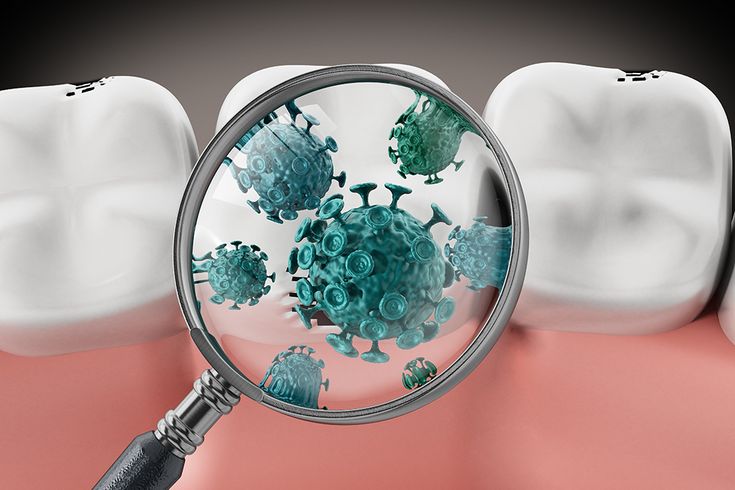
Tooth decay, also known as dental caries, is a common oral health issue that affects individuals of all ages. It is caused by the breakdown of teeth due to the interactions between acids produced by bacteria in the mouth and sugars from the food we eat. In this article, we will discuss the causes of tooth decay, how to prevent it, and effective treatment options.
Causes of Tooth Decay:
There are several factors that can contribute to the development of tooth decay. The most common causes include:
1. Poor Oral Hygiene
Failure to brush and floss regularly can lead to the accumulation of plaque on the teeth. Plaque is a sticky film of bacteria that forms on the teeth and produces acids that can erode the enamel, leading to tooth decay.
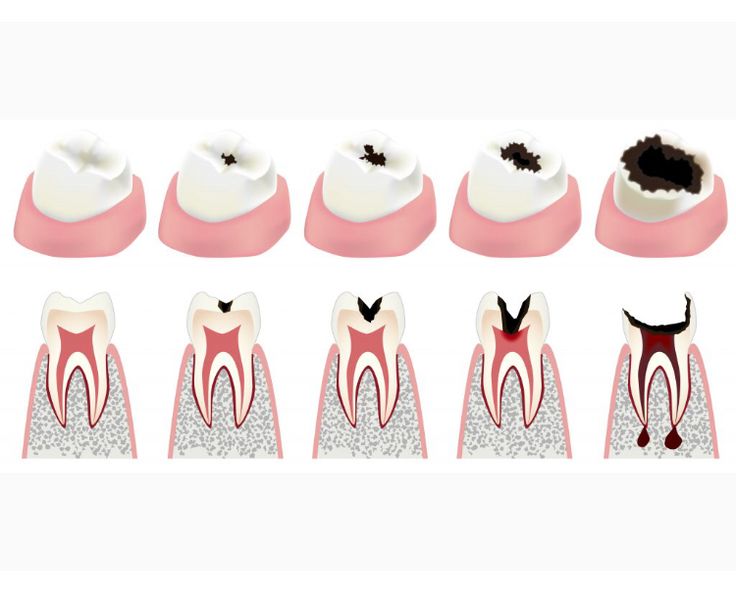

2. Sugary and Acidic Foods
Consuming foods and beverages high in sugars and acids can promote the growth of bacteria in the mouth, leading to the production of acids that can weaken the enamel and cause cavities.
3. Dry Mouth
Saliva plays a crucial role in protecting the teeth by washing away food particles and neutralizing acids. Individuals with dry mouth conditions are more prone to tooth decay as the lack of saliva leaves the teeth vulnerable to acid attacks.
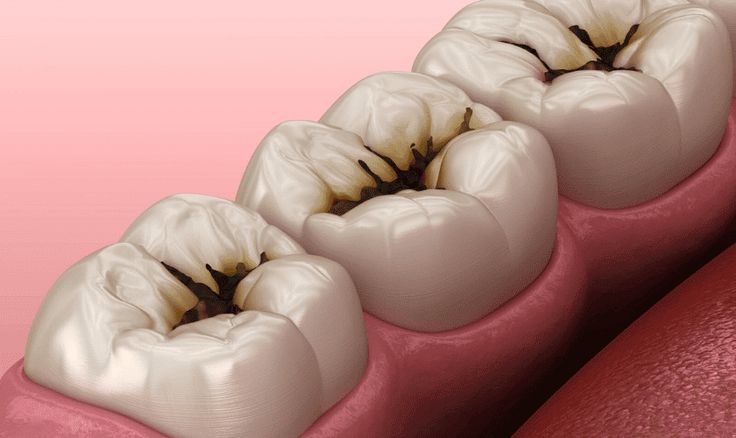
4. Genetics:
Some individuals may be genetically predisposed to developing tooth decay due to factors such as weak enamel or crowded teeth, making it easier for bacteria to thrive.
Prevention of Tooth Decay:
Preventing tooth decay is essential for maintaining good oral health. Here are some effective strategies to prevent tooth decay:
1. Practice Good Oral Hygiene
- Brush your teeth at least twice a day and floss daily to remove plaque and food particles from the teeth. Use fluoride toothpaste to strengthen the enamel and protect against decay.
2. Limit Sugary and Acidic Foods
- Reduce consumption of sugary snacks and beverages, as well as acidic foods that can erode the enamel. Opt for healthier options such as fruits, vegetables, and dairy products.
3. Visit Your Dentist Regularly
- Schedule regular dental check-ups and cleanings to detect and treat any signs of tooth decay early on. Your dentist may recommend fluoride treatments or dental sealants to prevent cavities.
4. Use Fluoride
- Fluoride is a mineral that helps strengthen the enamel and protect against decay. Use fluoride mouthwash or drink fluoridated water to improve oral health.
Treatment of Tooth Decay
If left untreated, tooth decay can progress and lead to more serious oral health issues such as infections or abscesses. Effective treatment options for tooth decay include:
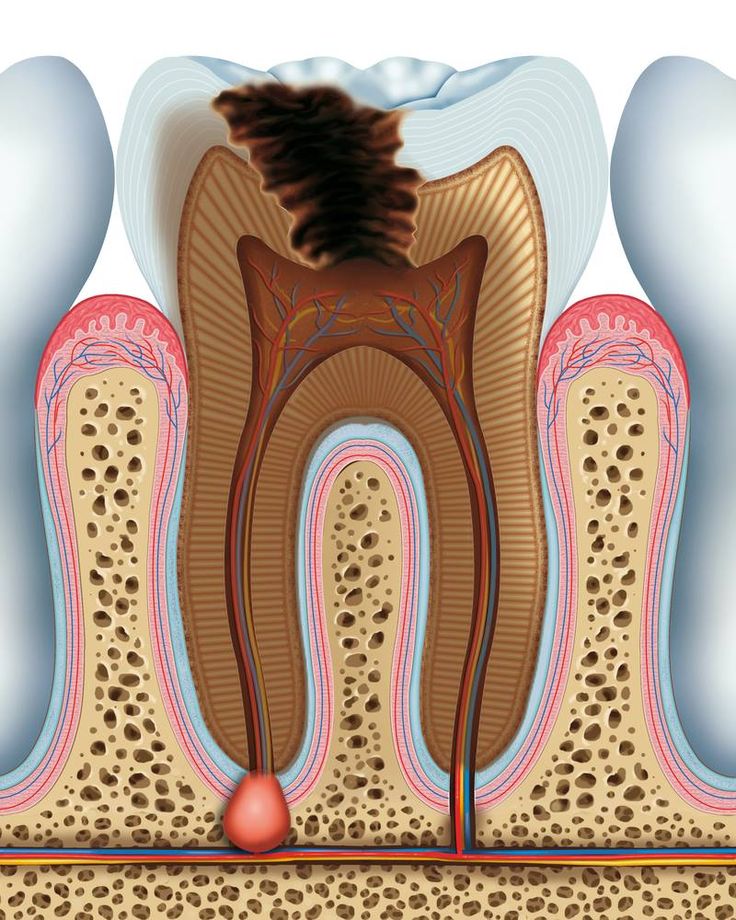
1. Fillings
Dental fillings are used to restore teeth that have been damaged by decay. The decayed portion of the tooth is removed, and the cavity is filled with a dental material such as composite resin or amalgam.
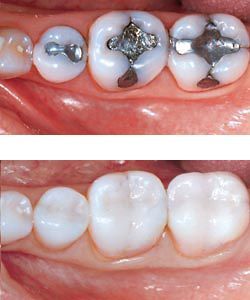
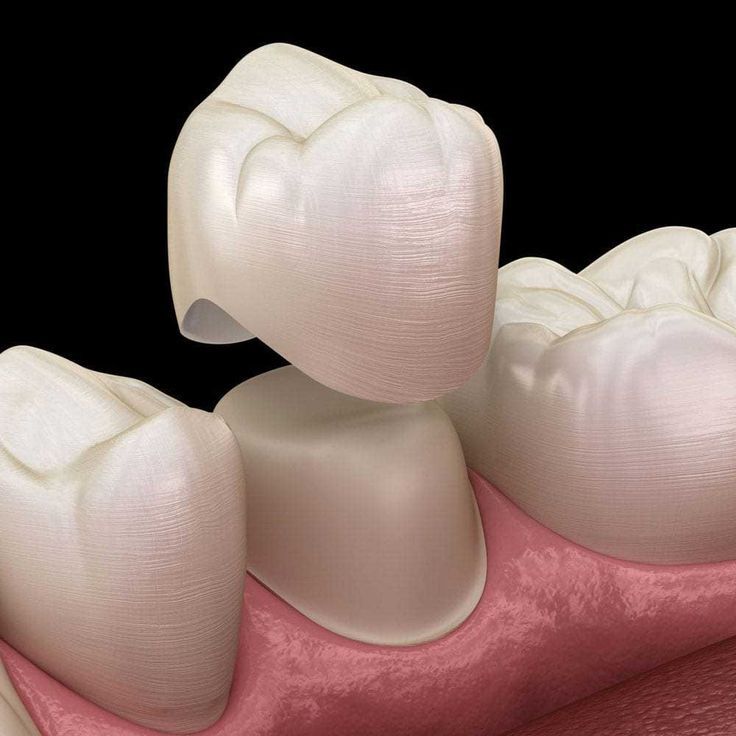
2. Crowns:
For more extensive decay or damage, a dental crown may be recommended to restore the shape and function of the tooth. A crown is a custom-made cap that covers the entire tooth to protect it from further decay.
3. Root Canal Therapy:
If the decay has reached the pulp of the tooth, a root canal may be necessary to remove the infected tissue and save the tooth. The tooth is cleaned, filled, and sealed to prevent further infection.

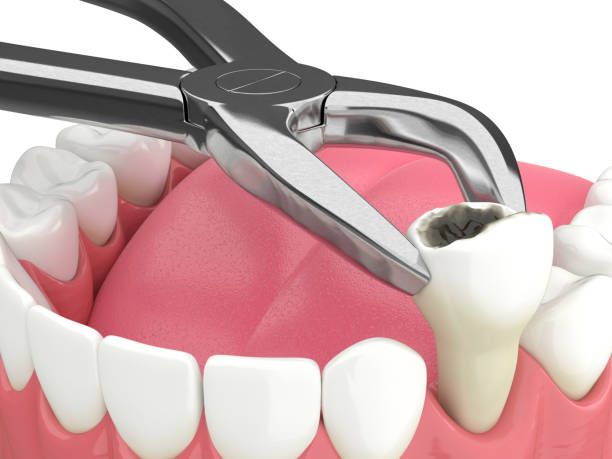
4. Extraction:
In severe cases where the tooth is severely damaged and cannot be saved, extraction may be necessary to prevent further complications.
In conclusion
tooth decay is a common oral health issue that can be prevented with good oral hygiene practices and healthy lifestyle choices. By understanding the causes of tooth decay and implementing preventive measures, you can protect your teeth and maintain a healthy smile. If you experience signs of tooth decay, seek prompt treatment from your dentist to prevent further damage and preserve your oral health. Remember, prevention is always better than cure when it comes to tooth decay.
